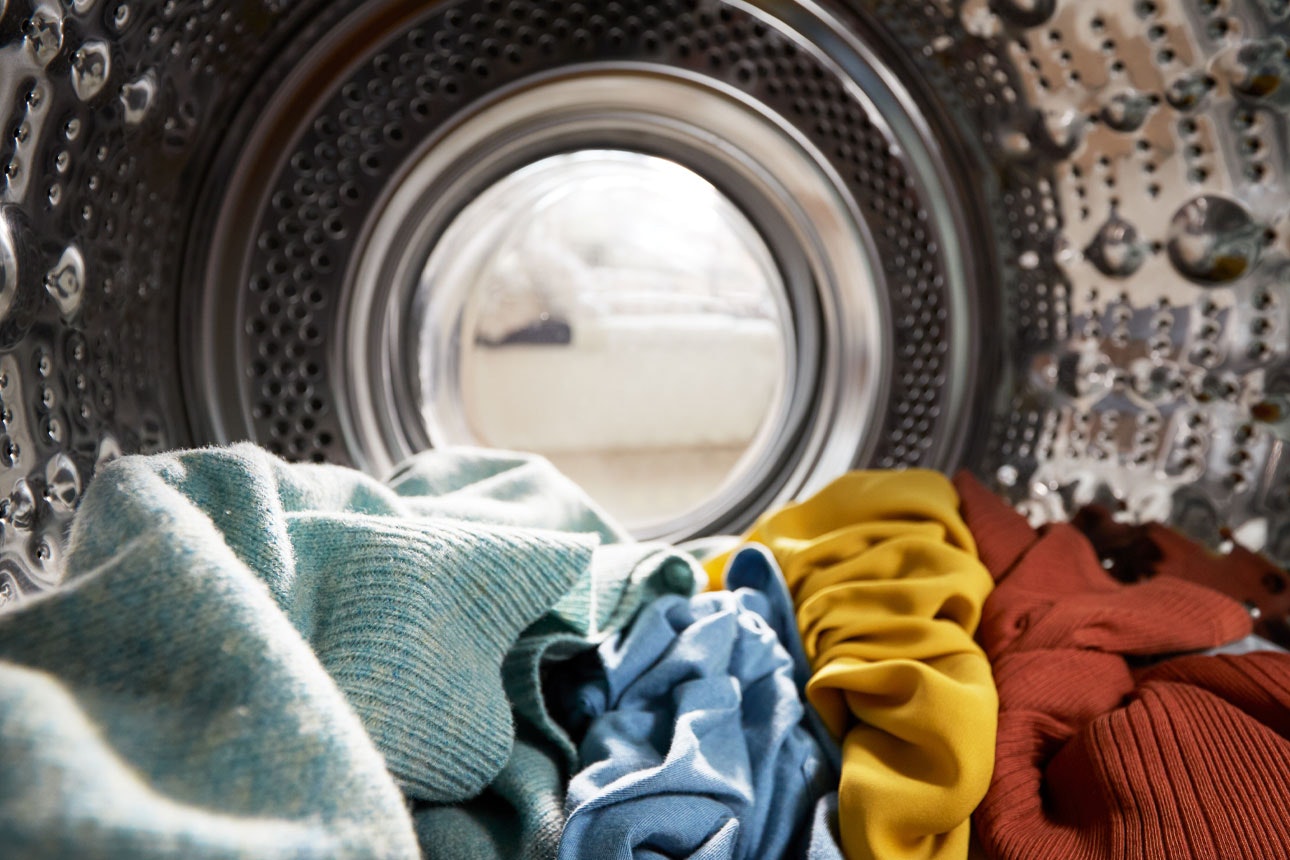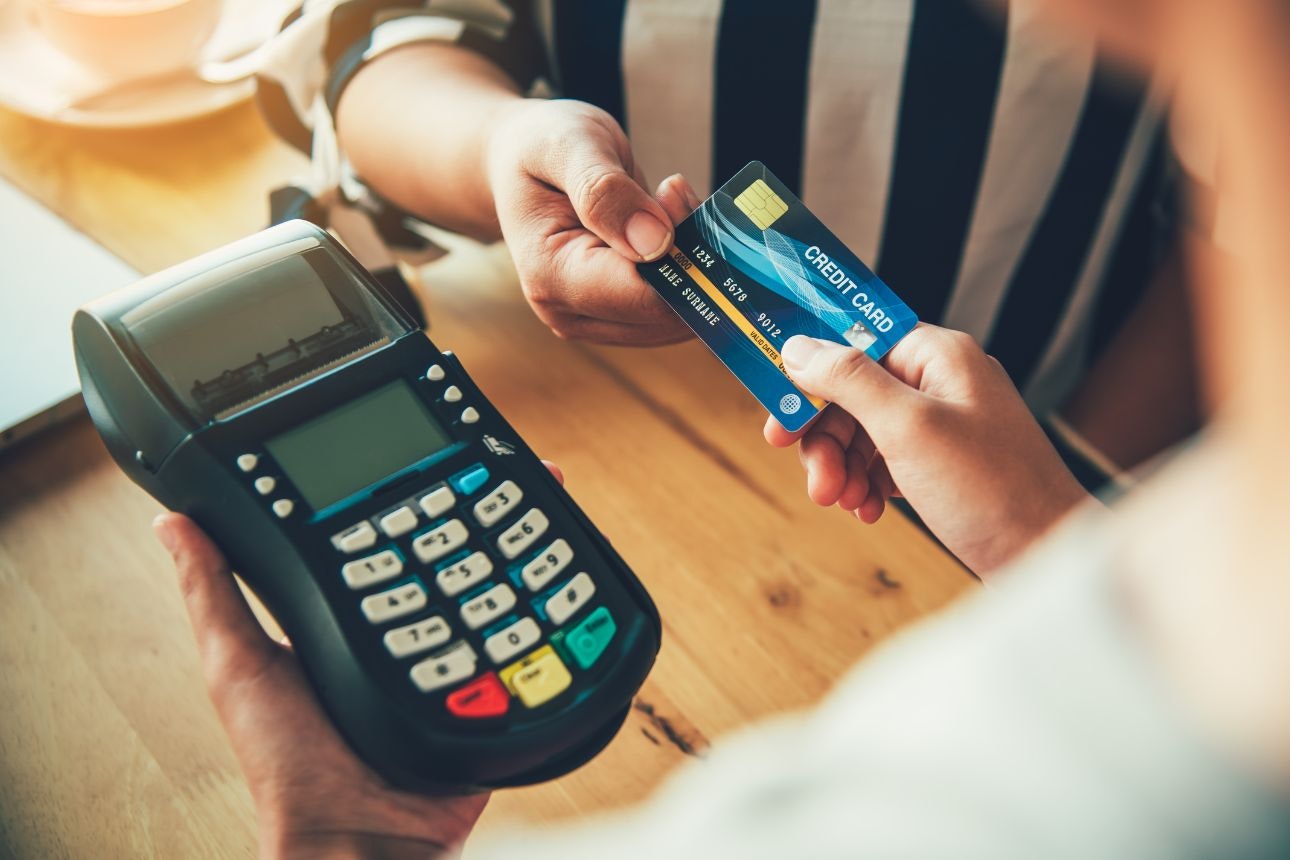
By Chris Schulz
Investigative Journalist | Kaipūrongo Whakatewhatewha
"There's that old Chinese adage," says Tom Hartmann, the personal finance lead at Sorted. “The best time to plant a tree was 20 years ago. The second-best time is now."

It’s the new year, a time when many reassess their financial goals. For parents, that could mean opening a savings account or setting up investments for their children.
So, we've called Hartmann at Sorted, the free financial information online service provided by Te Ara Ahunga Ora Retirement Commission, to ask him about the best ways to do that.
The answers, he says, depend on your goal. Is it to help fund a university education, a first home or an overseas experience (OE)?
"You need to look at your time horizon, and you also need to look at your tolerance for the ups and downs in the market," says Hartmann.
Then you can decide if KiwiSaver, shares, savings or managed funds are right for you and your family.
Let's take a closer look at each of them.
KiwiSaver
The government-administered retirement scheme is set up for two goals: helping people save for their retirement, or buy a first home.
That, says Hartmann, can be a good thing. "The money is restricted, so if parents or grandparents are putting money into a KiwiSaver account for a young person, it's going to be locked up. It won’t get spent on a car or something else."
There are other benefits to getting your children into KiwiSaver, including a government contribution of 50 cents for every dollar saved in the year up to $521.43 once a young person turns 18 years old and enters the work force.
Plus, if they get a part-time job at any stage, they can contribute to their KiwiSaver account as well, although their employers won’t be required to contribute to their accounts until they’re 18.
But, because of restrictions accessing those funds, Hartmann says KiwiSaver won't help fund an OE or a university education.
Find out more from Consumer NZ’s list of the best and worst KiwiSaver providers in 2024.
Pros
Potentially higher returns than a savings account.
Can help children buy their first home faster once they’re 18 and have a minimum of three years invested in Kiwisaver.
Once your child turns 18 they can get government and employer contributions as well.
Cons
Can only be accessed for a first home or retirement (or significant financial hardship, emigration, health issues and other conditions).
Some funds charge fees that may impact results, especially if there’s not that much money flowing into their account.
Shares
If you’re thinking about investing in shares for your children, Hartmann says you’ll need to assess your own tolerance for risk first.
“You’ll need a mix that’s appropriate for you, that will get you the growth that you need, but without making you lose sleep, because the value of your investments will go up and down,” he says.
Apps like Sharesies and Hatch have made it easier for people to set up accounts and buy slices of shares. Many offer parents the opportunity to set up accounts for their children and contribute small, regular amounts as well.
But Hartmann notes that it can be hard to diversify and spread your risk if you are picking individual companies. To invest safely, you need a wide mix of companies and funds – especially if you don’t intend to access the money for 18 years.
Pros
Easy to set up.
Money can be withdrawn at any point.
Cons
Shares can be volatile.
Some funds charge fees.
Requires knowledge on how it works and what you’re investing in.
Not reliable for short-term gains.
Savings
Putting regular amounts of money into a savings account is an easy way to teach children how to save. They get to watch their money grow, and may earn small amounts of interest on it, too.
But Hartmann says you may not see great returns on that money long- term. “Because of the effects of fees, taxes and inflation, people can end up rolling backwards financially if they are storing money in savings accounts over long periods.”
Term deposits can work well in the shorter term, when you need your money sooner, because of higher interest rates and providing guaranteed returns.
But Hartmann warns you may not make as much money from a savings account as from other investment strategies.
Find out more from Consumer’s list of best and worst banks in 2024.

Best and worst banks
Every year, we ask New Zealanders about their experiences to find out which bank has the most satisfied customers. How did yours do?
Pros
Depending on the kind of savings account you have, money is generally easier to access.
Term deposits over longer periods offer higher interest rates.
Cons
Interest rates fluctuate.
Some savings accounts come with bank fees.
Term deposits are locked in and will incur penalties if you want to access that money earlier.
Interest is taxed.
Managed funds
Hartmann is a big fan of managed funds because they operate like a KiwiSaver account but without the money being locked up for a first home or retirement.
“What you're doing is pooling your money with other investors and getting a professional fund manager to make choices on how that money is invested for you,” he says.
The downside is that most funds come with fees. But Hartmann says they can be worth it. “Most people aren’t investment experts … so you're paying a professional to invest [your money] for you over that time.”
Hartmann points to Sorted’s Smart Investor platform that can help investors pick the right fund, with a mix of conservative, balanced or more aggressive fund opportunities.
Hartmann says managed funds could be a good starting place for those who are putting their children on the investment journey for the first time. “You have time to ride out the ups and downs.”
Pros
Potentially higher returns.
Hundreds of different options available.
Cons
Investment funds can be risky and volatile.
Most funds come with fees and taxes.
Staying safe while investing
According to the Ministry of Business, Innovation and Employment, New Zealanders lost nearly $200 million to scams in 2023 – with much of this amount lost through investment scams.
It’s important to trust your investments, so, for more advice, you should talk to a financial advisor or your bank. Be wary of investment influencers on social media, and don’t approach them through unsecure links, emails or text messages.
If an investment opportunity seems too good to be true, then it probably is.
Find out more about keeping your investments safe through:
the National Cyber Security Centre’s (NCSC’s) Computer Emergency Response Team – Cert NZ
the independent crown entity regulating New Zealand’s financial markets, the Financial Markets Authority.

Which bank is best?
We asked consumers to rate satisfaction with their bank. How did yours do?



